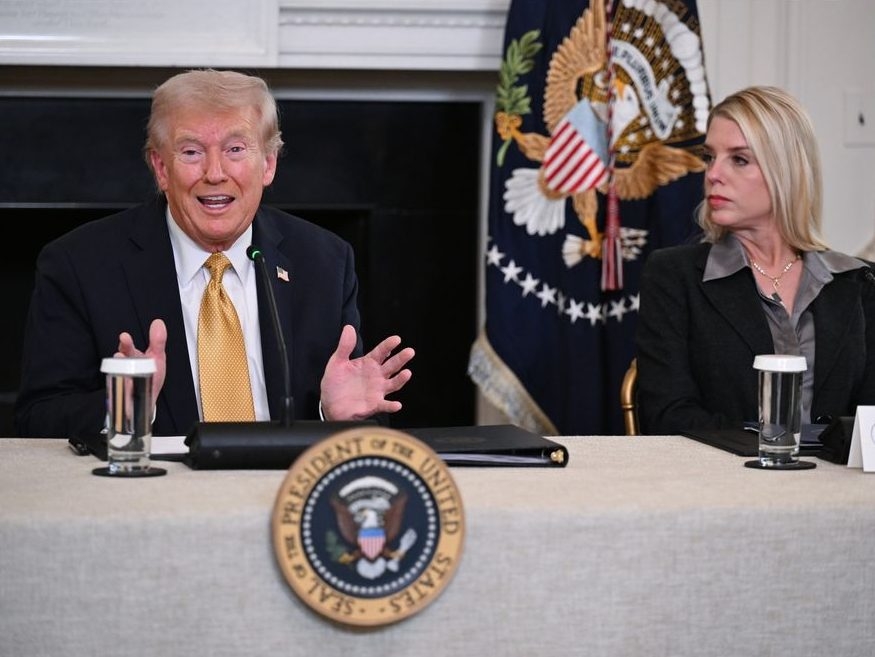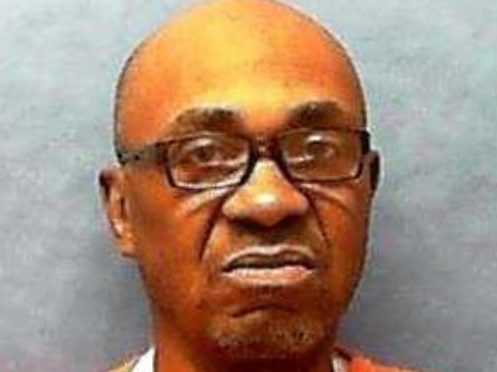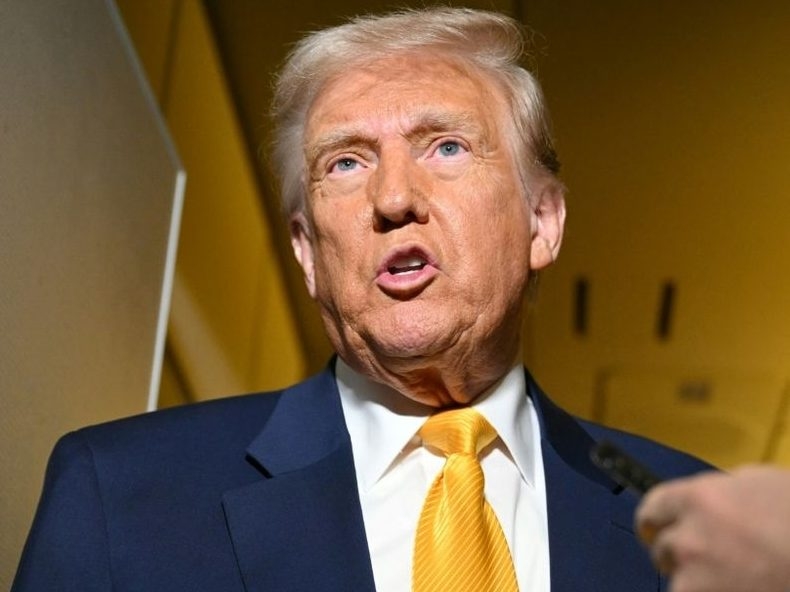For weeks, Washington buzzed with demands for transparency regarding the Jeffrey Epstein case, a silence emanating from the one place holding the key: the Justice Department. While Congress clamored for answers, the agency remained conspicuously quiet, fueling speculation and distrust.
The pressure intensified as both the House and Senate united, passing a bill compelling the Attorney General to release all unclassified files related to the sprawling investigation. Yet, the Justice Department offered little indication of compliance, raising doubts about a full disclosure.
A brief crack in the silence appeared when the Attorney General addressed the issue, but her response was carefully worded. She spoke of adhering to the law and protecting victims, a statement that offered reassurance without committing to any specific action.

The President’s initial reluctance to order a full release spoke volumes. Despite months passing, no directive was given, suggesting a calculated hesitation at the highest levels of power. A later statement, seemingly yielding to pressure, was laced with indifference – a declaration that the outcome “didn’t matter.”
However, the question of what Congress is “legally entitled to” is far from simple. The newly passed legislation included loopholes, allowing the Justice Department to withhold information if it jeopardized ongoing investigations or prosecutions.
Adding another layer of complexity, the President unexpectedly ordered a new federal investigation, specifically targeting prominent Democrats linked to Epstein. This move provided a convenient justification for the Justice Department to continue shielding files, citing the need to protect active inquiries.
Beyond active investigations, grand jury secrecy and the sensitive nature of victim information presented further obstacles. The legislation acknowledged these concerns, permitting the withholding of material that invaded privacy or contained disturbing content.
The bill lacked any real enforcement mechanism, leaving Congress with limited recourse. While a subpoena could be issued, the Attorney General held the ultimate power to decide whether to comply – or even prosecute her own officials for non-compliance.
Some lawmakers expressed optimism, hoping the overwhelming bipartisan support for the bill would compel the administration to act. Others, however, were deeply skeptical, believing the President’s sudden shift was merely a tactic to deflect criticism.
Democratic leaders vowed to fight for full disclosure, suspecting a deliberate attempt to conceal damaging information. They prepared to explore every avenue to ensure the truth came to light, regardless of who it implicated.
The House had previously subpoenaed the Justice Department for the Epstein files, receiving only a partial release that did little to quell public frustration. That subpoena remained technically active, offering a potential path to enforcement.
For months, the President had faced mounting criticism from within his own party regarding the Justice Department’s handling of the Epstein case. Accusations of a cover-up, aimed at protecting powerful friends, swirled relentlessly.
The President maintained he had a falling out with Epstein years ago and denied any knowledge of his criminal activities, a claim supported by currently available evidence. However, the questions persisted, fueled by newly released emails referencing his relationship with the financier.
Within the Republican Party, a faction demanded further disclosures, convinced the Justice Department was concealing damaging information. Others focused on the circumstances surrounding Epstein’s death, raising questions about whether it was truly a suicide.
The release of thousands of pages of Epstein’s emails ignited a new wave of scrutiny, revealing further connections to the President and intensifying the demand for complete transparency. The fight for the truth, it seemed, was far from over.



